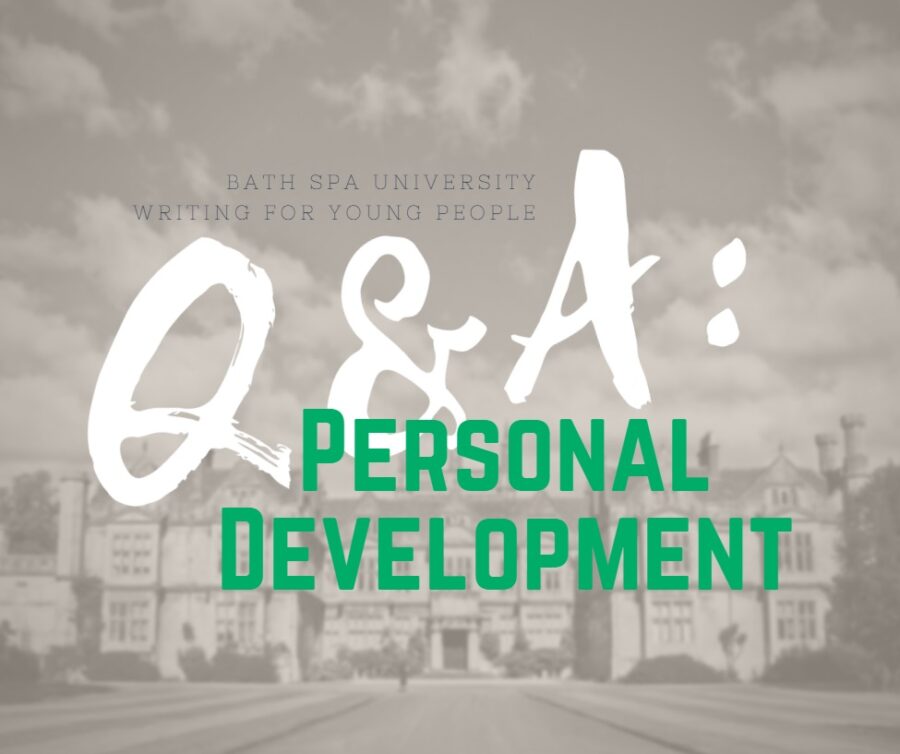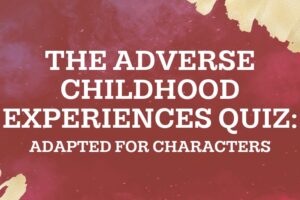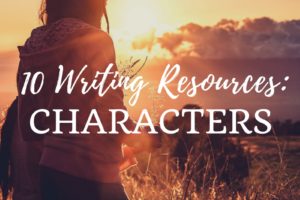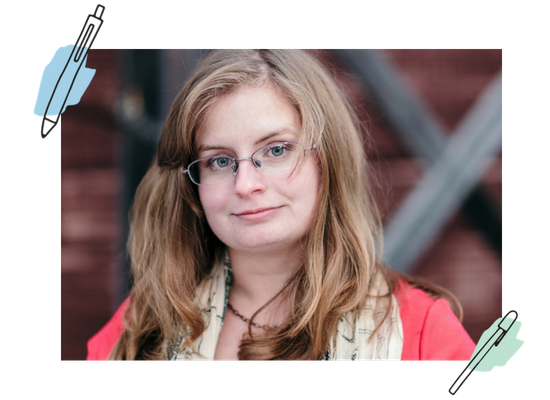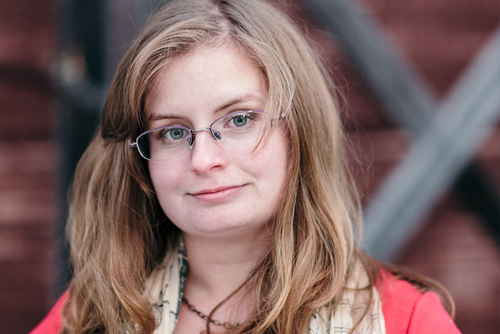It’s round four of my Q&A session about Bath Spa University’s Master of Arts in Writing for Young People. This section is about the professional and personal development I underwent during the course.
You can see more posts in the series under the Q&A tag!
As always, feel free to reach out with more questions by contacting me at: alyssamhollingsworth [at] gmail [dot] com
A thousand disclaimers: I only have my experience of the Writing for Young People course to draw from (class of 2014). I’m not a member of staff and can never hope to be as informed as the infallible Julia Green. Everything is my own opinion and may or may not be influenced by my personal preferences, the amount of candy I’ve had today, or the number of likes my latest corgi video got on Facebook. Extra disclaimer: Please note the date of this post. Since 2016, a lot of faculty turnover and program changes have taken place. My experience may or may not reflect the MA as it is today.
Q&A – Personal Development:
1. Did you feel that you had enough time to do your own work and focus on your own development while also reading and critiquing your classmates’ work?
2. Do you have any tips for time management/balancing both MA and life?
3. Did you feel you grew a lot as a writer or were challenged to do your best writing?
4. What did you feel was the most challenging/growth-producing about the program overall?
5. What would you say was the biggest thing you gained from the program? Was there anything you felt was a unique advantage of the BSU program?
6. Were there opportunities that came to you after or because of the course that you would not have had otherwise?
7. Did you have a good sense of what to do next or where you were going after graduating?
1. Did you feel that you had enough time to do your own work and focus on your own development while also reading and critiquing your classmates’ work?
Definitely! Though it is not required, I (and several of my friends) went above the call of duty and wrote our entire manuscripts from scratch while on the course. This includes plotting, fooling around, actually drafting, and a hefty amount of revision. I think mine was 106,000 words at the end of the course. (Which was far too long — it has been cut down to 83,000 in further revision!)
I also had time to focus on personal development things, like working on Letter to an Unknown Soldier, traveling (often for story research), attending church, occasionally going to the Jane Austen Dance Troupe… etc. etc.
2. Do you have any tips for time management/balancing both MA and life?
I’m told by my agent and one of my classmates that I am “intimidatingly organized,” so I know my methods won’t work for everyone. One advantage I had was an upbringing as a homeschooler, where I was largely independently taught most of my life. But I also use a lot of scheduling to keep me in check. Though I didn’t find out about it until after the course, I love bullet journals. Mostly because I love to-do lists.
I also found the community among with my coursemates to be vital to my productivity. One of my best friends lived in central Bath, and almost daily I would walk into town and meet her at one of our Spots (sometimes her house, sometimes a favorite coffee shop, sometimes multiple places in a day). We’d visit and socialize, then pull out our reading or writing and get to work. We alternated between timed writing sessions (say 45 minutes) and short breaks to chat or troubleshoot.
I think that the Corsham-based people did the same sort of thing. During the summer, once or twice a week us Bath folk would take the bus to Corsham Court and spend the whole day working.
(Also, there’s a coworker space (where entrepreneurs and such rent desks) in central Bath. BSU rents two seats per day for students to use, and after I discovered it I went there all the time. It’s super motivational because you’re surrounded by all these people busily working in this pretty chill environment. Plus you get access to a full kitchen and plenty of desk space and no one cares if you take it all day.)
So, I guess what I’m saying is, my “secret” was one part organization/to-do lists, two parts communal. I needed the accountability, and I found that support system through my coursemates.
3. Did you feel you grew a lot as a writer or were challenged to do your best writing?
Yes and yes! I went back and read my writing submission for BSU somewhat recently (so that I could rewrite it) and I was astounded. My absolute best at the time I applied is nowhere my writing now. The course also helped me recognize my strengths (going in, I didn’t really know what they were!) and my weaknesses (some of which I was completely blind to).
4. What did you feel was the most challenging/growth-producing about the program overall?
I think I saw the most growth in myself through becoming a part of the BSU community. That was a vital part of my experience, and all sappiness aside many of the friends I made on the course will be friends for life (something that is not normal for a military brat/chronic wanderer!).
The community of classmates and tutors pushed me in directions I didn’t even know I needed to grow (as writer, characters showing emotions was one of the biggest things — as a person, probably continuing to develop a calm presence and self-assurance in a very unpredictable career).
As far as challenging, the classes are hard. They demand a lot. I’m naturally competitive against myself, and really wanted to get a First (honorary grade that normally is only awarded to students who have done something to add to the world of academia).
I pushed myself hard under the guidance of Janine Amos in the context modules and Lucy Christopher in the workshop/tutorial, knowing that they had very high expectations. This meant going beyond my comfort zone and requiring more of myself than I might otherwise.
For instance, in Janine’s publishing module I actually reached out to Marissa Meyer (author of Lunar Chronicles) and her publicist at Macmillan to interview them on the social media campaigns for their books. I got to use that research in my final paper.
I also wrote the synopsis for THE ELEVENTH TRADE (current title) as part of an assignment to draft a proposal for a book I would never, ever write because it was so far out of my normal realm. Surprise, surprise — that book looks to be my debut and will be sent to publishers soon! It literally would not exist without Janine, and I honest to God do not think I could have written it without all the work I did at BSU.
5. What would you say was the biggest thing you gained from the program? Was there anything you felt was a unique advantage of the BSU program?
I think I’ve already harped on about it quite a lot, but it’s gotta be that community. It’s just not something that exists in every writing program (where, I am told, people are out to slit throats and show off more often than actually help).
While the community you find will depend a good deal on who’s in your class (something almost no one can control, in any college or program), BSU goes out of their way to find applicants who will fit well in workshop. They’re true to their advertisements about being focused on building a community of writers — and that community is crazy valuable.
I don’t remember if I told you this story, but I went to the AWP (writing programs) conference when I was still hemming and hawing over my decision. I remember walking in and seeing all these tables for all these universities covered in brochures and professors’ books and the schools’ literary journals. And then there was BSU’s table, absolutely overflowing with the most beautiful, colorful books from their published alumni.
That was all the advertisement they needed. And it obviously worked on me.
6. Were there opportunities that came to you after or because of the course that you would not have had otherwise?
Besides publication with the Roman Baths museum and experience as co-editor for our class anthology, I also have used the degree a lot in my freelance writing and editing. I love doing structural and developmental edits for stories, and having an MA opens a lot of doors in the freelance world.
My job with Letter to an Unknown Soldier also came directly from BSU. It was a short project offered to BSU students only that had national and international impact. I read and posted the letters (I covered about 3000 or so of the 21,000 total). It was an amazing, challenging, growing experience for me as a writer and as a person, and it still influences the way I write and understand people.
The project was picked up by WilliamCollins (part of HarperCollins) and my poem was included in the book, which meant I got to go to a huge book launch in London. Lots of fun!
7. Did you have a good sense of what to do next or where you were going after graduating?
I honestly did not have a clear sense of direction when I left BSU in terms of what, step-by-step, I was meant to do next — other than that I was meant to write. But as a wandering nomad, I didn’t know in October of that year whether I would be moving to Portland, Afghanistan, or Virginia — so I think a lot of that uncertainty came from my own lifestyle. Upheaval and changed plans are part of my life, and I don’t think that the course is at all to blame for that!
One thing I do know: The course made that community of people and that physical place in Bath and Corsham home. That has been precious to me.
Tune in for more soon! Feel free to leave a comment with a question about personal development during BSU’s Writing for Young People program (or, if you’re an alumnus, dispute my claims!).

